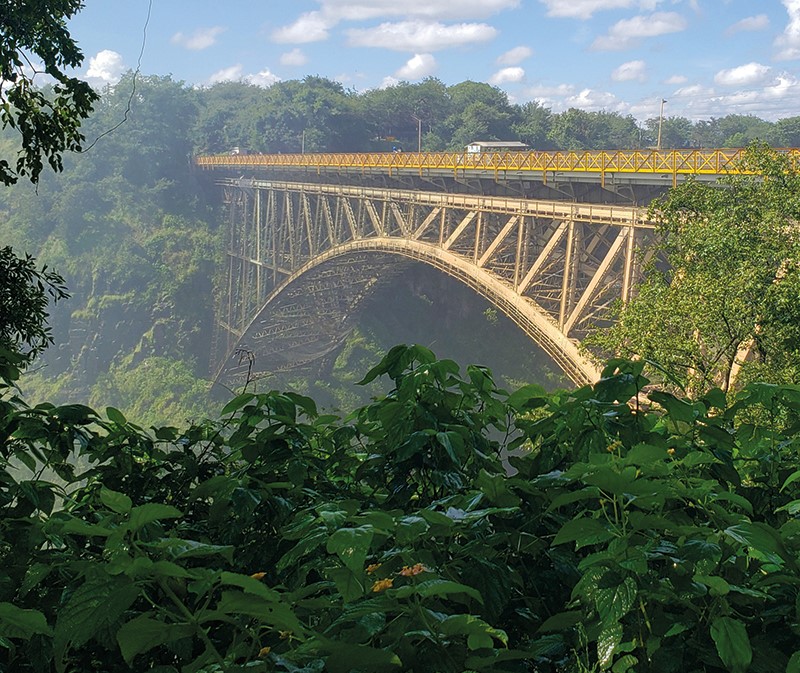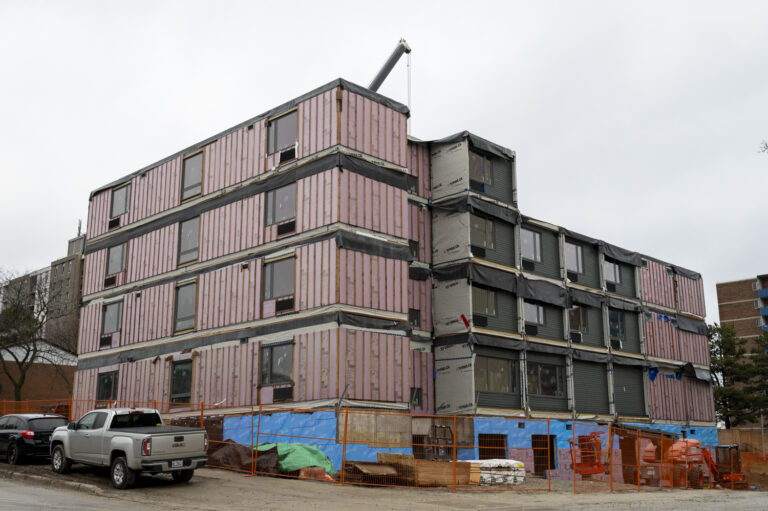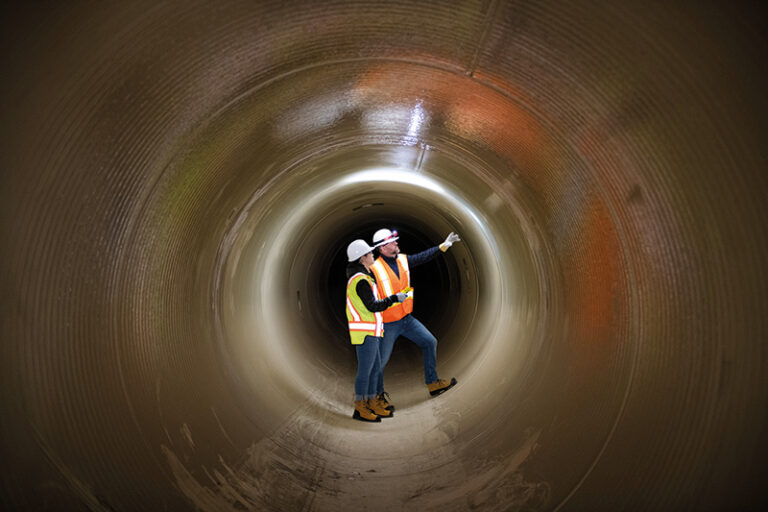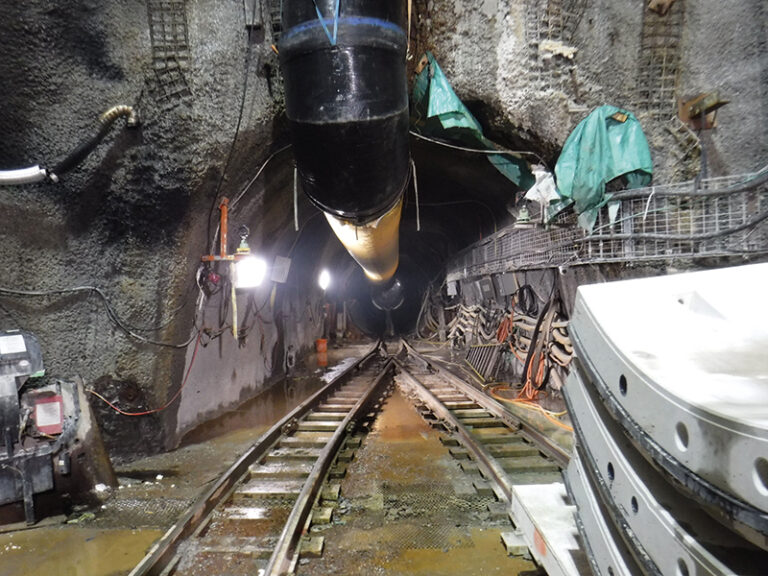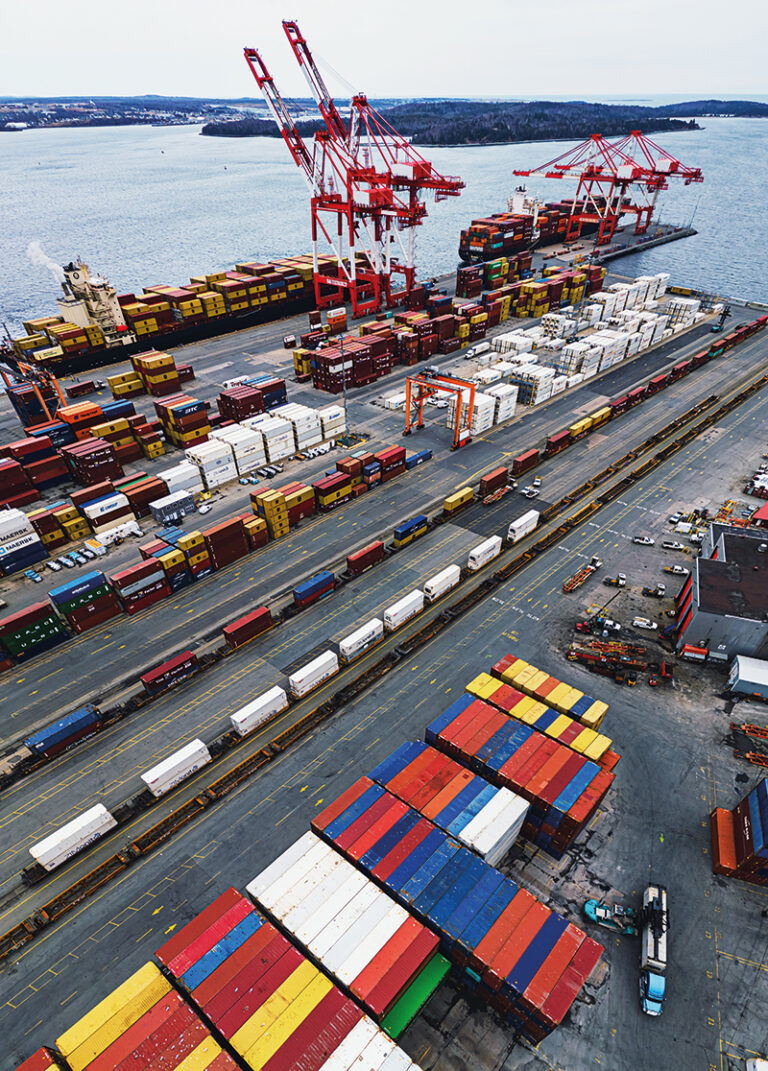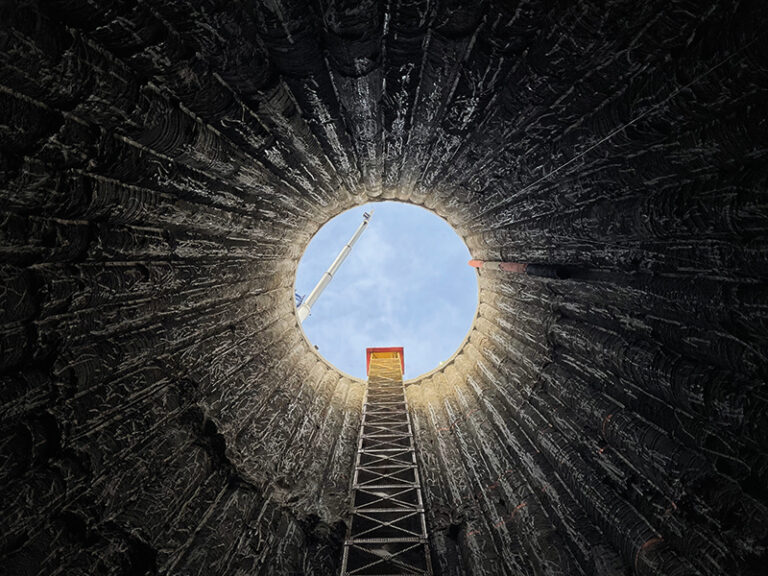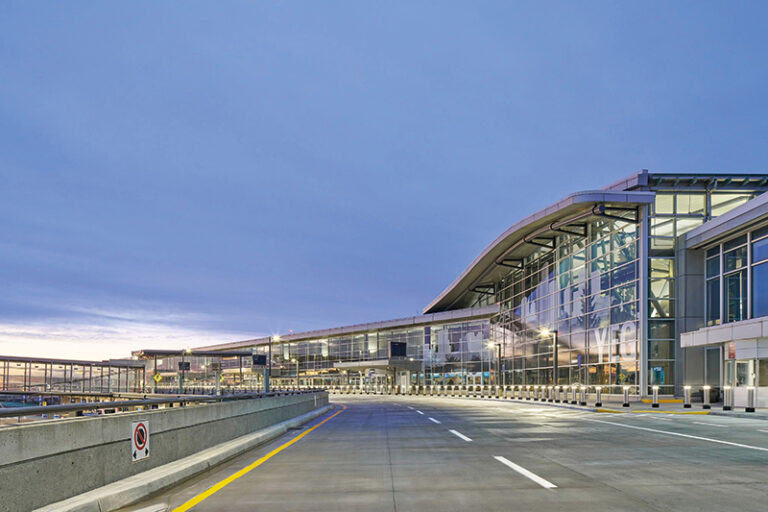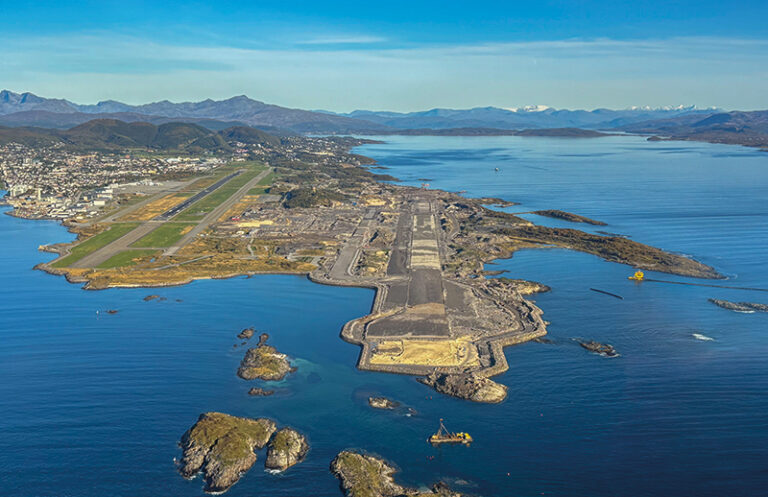One of the greatest things about travelling is the perspective it can offer on… home. I recently had the opportunity of a lifetime to join some South African friends on a tour through southern Africa—Botswana, Zimbabwe, and South Africa. There is a lot one can say about the continent—it’s a truly amazing part of the world. And yet, it’s full of striking contrasts.
The land itself is beautiful and rich, full of mineral wealth. Yet you don’t have to look far to see people living in abject poverty. It’s home to an impressively diverse range of animal species, yet many of these species are endangered. Viewing the statue of Doctor Livingstone presiding over Victoria Falls, one is reminded of the difficult history of colonialism from which the continent is struggling to emerge. Yet at the same moment, it can be argued, the continent is entering into a new colonialism as massive investments from China offer the people much-needed capital for development. The African people are among the friendliest, most positive people I’ve encountered. And yet, they struggle with governance.
These issues of governance have led to systemic corruption that is not just anecdotal. Indeed, one is reminded of the problem immediately upon landing at the airport, with a multitude of signs reminding travellers that corruption will not be tolerated. Locals speak of driving with a set amount of ‘get out of jail’ money, in case they should be pulled over in a routine traffic stop. Perhaps the problems of governance manifest themselves most visibly in the region’s infrastructure, with the rolling power outages known locally as ‘load shedding’, as the grid struggles to keep up with demand.
I found myself wondering how we might react to similar power outages back in Canada, having to adjust to several hours each day, every day, without electricity. I doubt we would tolerate the situation for long and would quite rightly expect our government to address the issues. And I found myself wondering why Africans do not demand the same from their governments. I concluded that the problem is one of confidence, and expectation—the two being closely related. In Africa, the people have seemingly lost confidence in their institutions, with the result that they simply do not expect any better from their government.
But surely this could not happen here in Canada. Or could it?
Over the past number of elections, we’ve seen declining voter turnout as people lose faith in the democratic process. Social media platforms first normalize and then amplify previously-fringe conspiracy theories about election fraud. An increasingly polarized electorate is making it ever more difficult to find common ground, with the result that what once would have been considered moderate policies based on consensus are now often ridiculed and dismissed as illegitimate, or worse, capitulation. Demagogic, populist politicians offer unrealistically simple solutions to problems that are in reality complex and nuanced. We seem to be losing our ability to work together. And as more and more people lose confidence in the institutions of our democracy, we are fostering an expectation that the government will not, or cannot, offer solutions.
Right now, in Canada, we are grappling with the possibility that our own elections have been the target of foreign interference. I would suggest the specifics of what happened are, in fact, less important than our response to the possibility itself. Our first goal should be to ensure that Canadians remain confident in the process—in the institution of electoral democracy. If we fail in this first, fundamental task, we may someday find ourselves sitting in the dark, wondering where it all went wrong.
[This article originally appeared in the July/August 2023 edition of ReNew Canada]
Nick Krukowski is vice president and publisher with Actual Media Inc.
Featured image: The Victoria Falls Bridge linking Zimbabwe and Zambia. (Nick Krukowski)

